Gardening Series – Companion Planting
Growing Together: A companion planting guide for Maine gardeners
Companion planting is a time-honored gardening practice that involves growing different plants together to maximize space, deter pests, and improve overall garden health. The general principle of companion planting is that certain plants benefit from each other when grown together. These benefits can include pest control, soil improvement, and space utilization.
Tomatoes and Basil
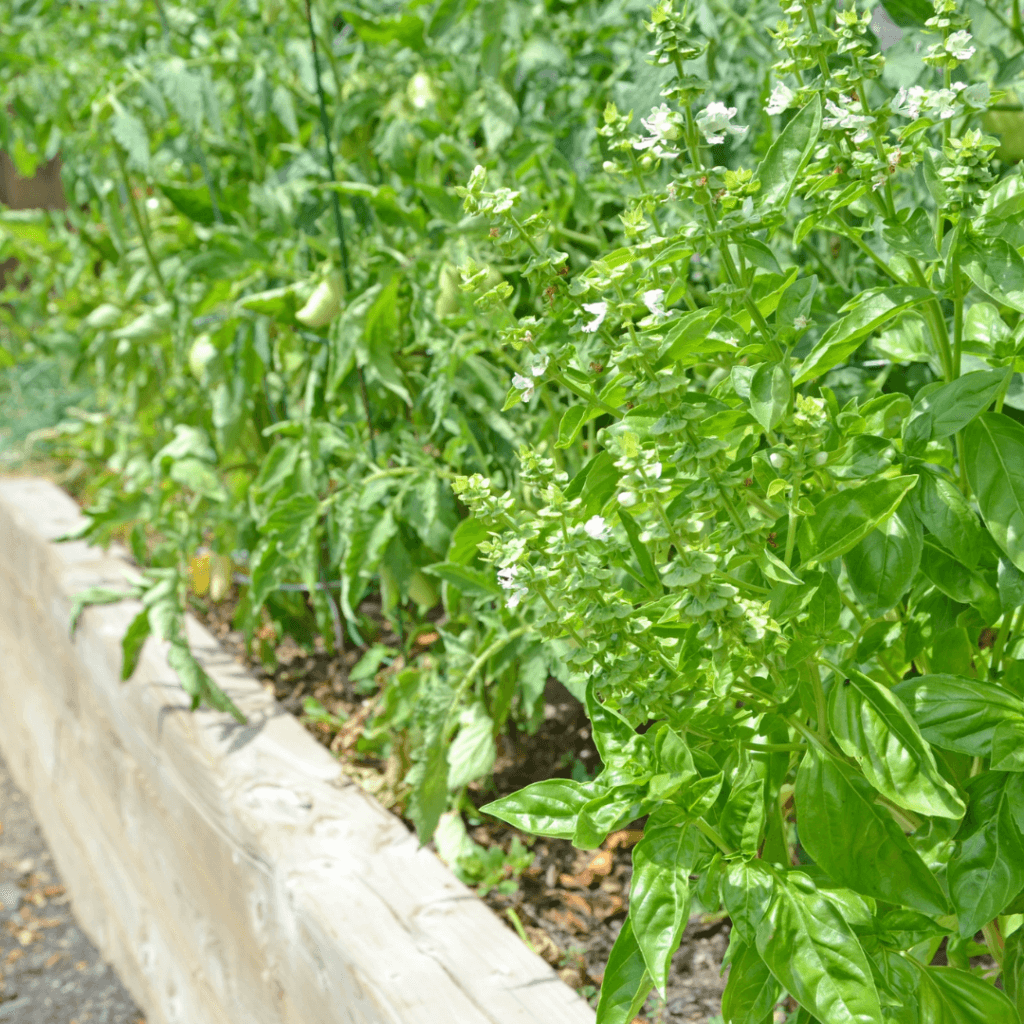
Classic companions that complement each other on the plate and in the garden. Basil repels tomato hornworms and other pests that can damage tomato plants, while tomatoes provide shade and support for basil. These two plants thrive in Zones 4 and 5 because they need warm and sunny conditions.
Beans and Corn
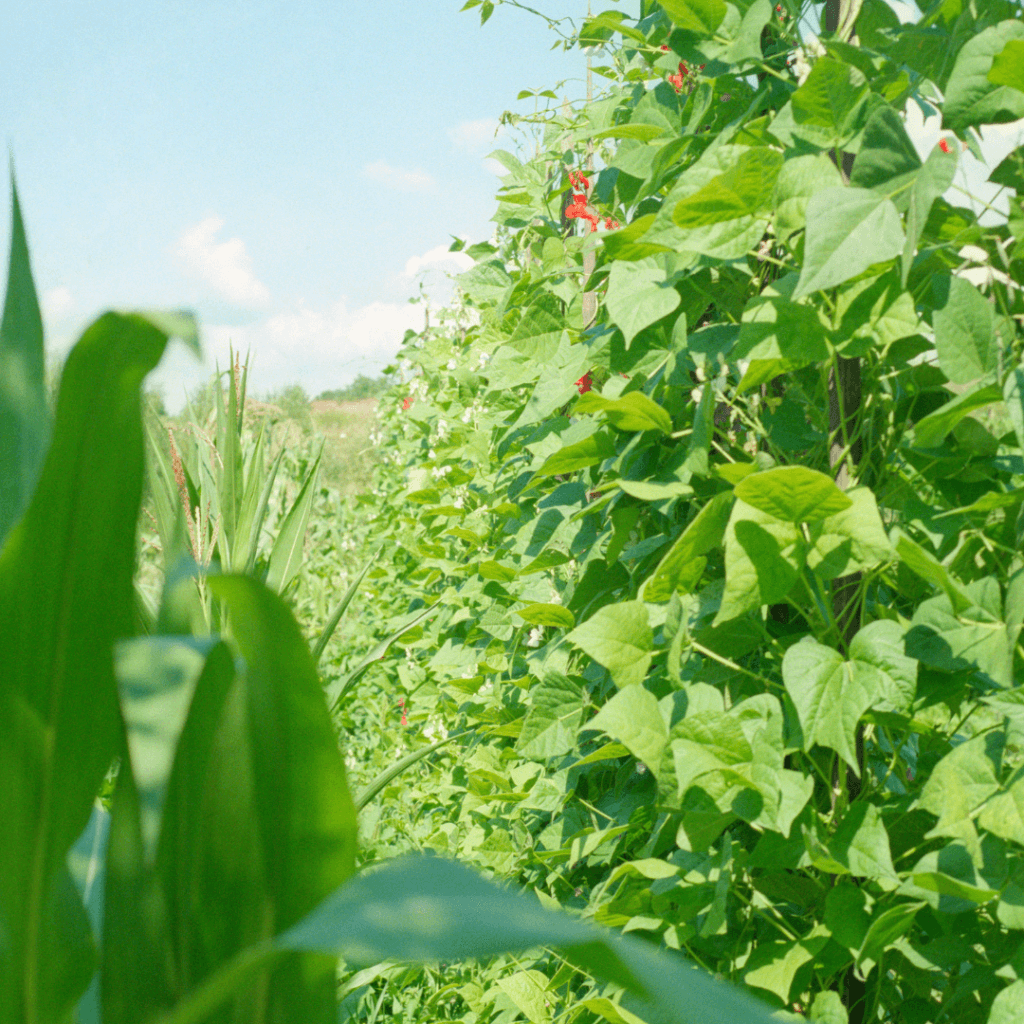
These crops are a traditional Native American companion planting trio called the “Three Sisters.” Beans fix nitrogen in the soil, benefiting the nitrogen-loving corn plants, while corn supports the climbing bean vines. Additionally, beans suppress weeds and retain soil moisture. Zones 3-5 are the best for growing.
Lettuce and Radishes
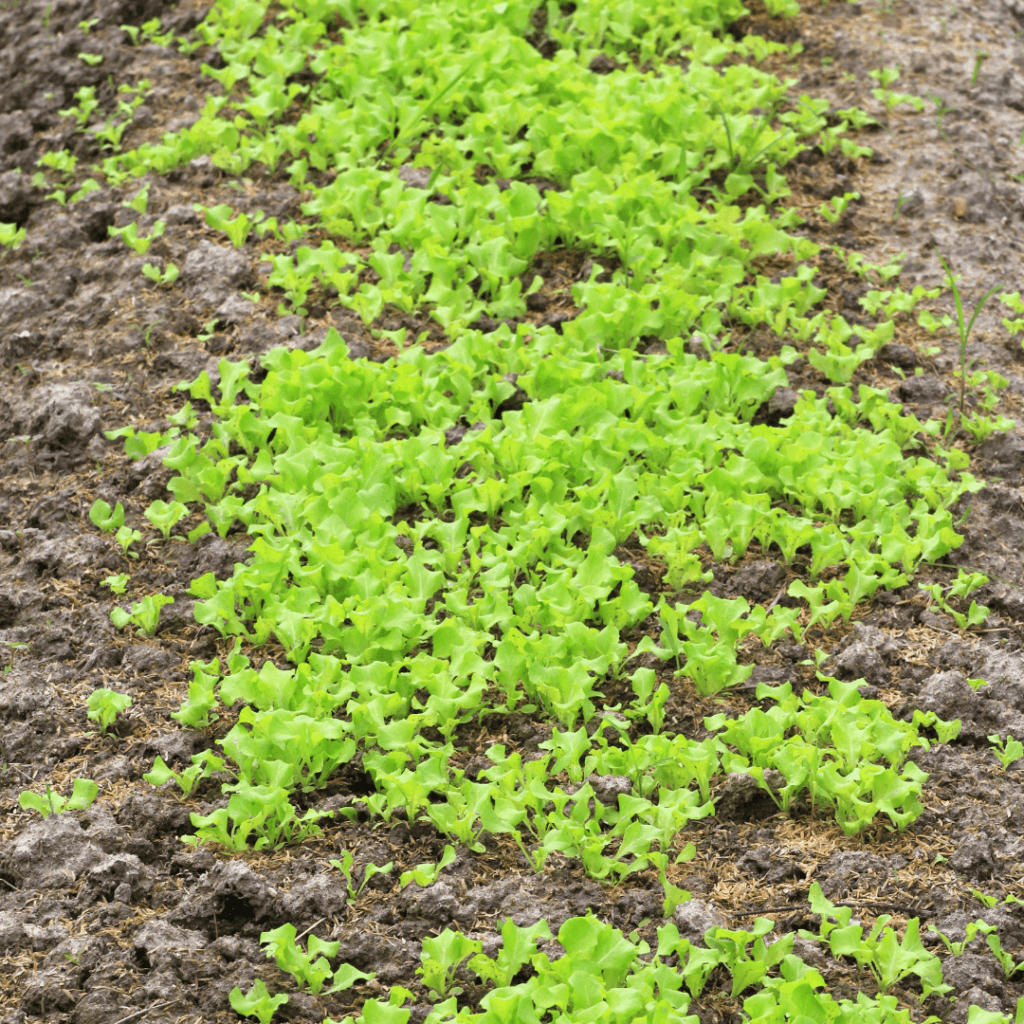
These two plants lend helping hands to each other, as radishes help break up compacted soil and deter pests, and the lettuce provides shade and moisture retention for radish roots. Cool spring and fall temperatures are conducive to these two plants’ growth, making Zones 4 and 5 the best for growth.
Marigolds and Cucumbers
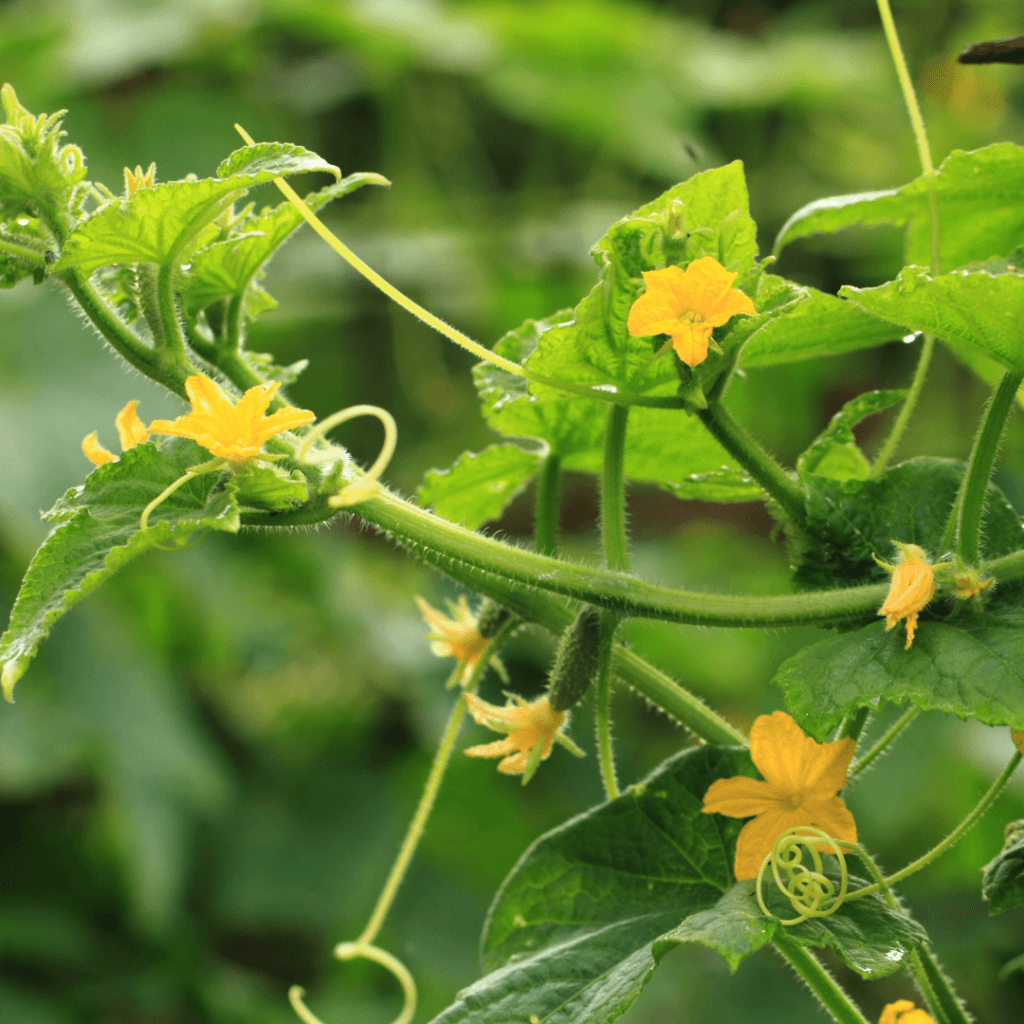
Marigold flowers are renowned for its pest-repelling properties. When planted around the perimeter of a cucumber patch, they can help protect from pest infestations like nematodes, cucumber beetles, and other hungry bugs. Zones 3-5 are the best locations as the plants thrive in warm, sunny conditions.
Carrots and Onions
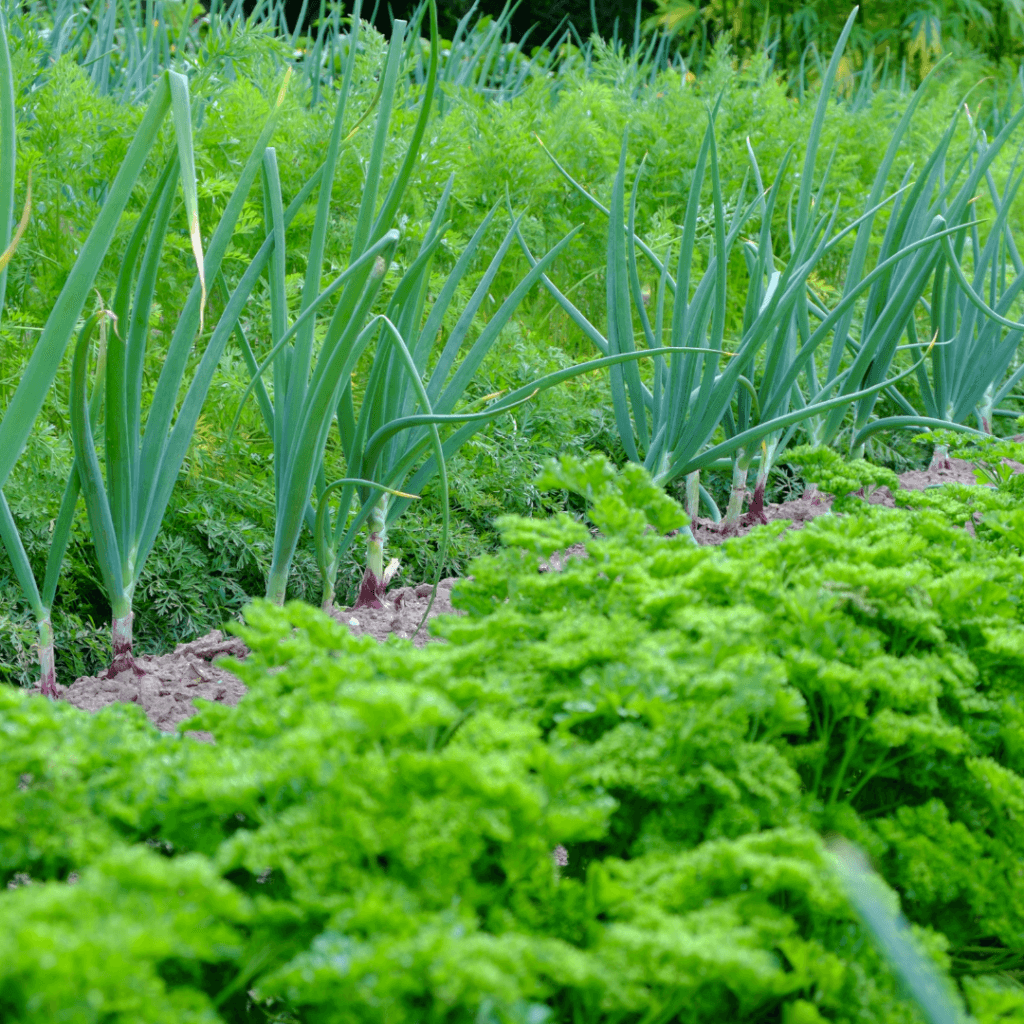
Onions defer carrot flies and other pests that can damage carrot roots, while carrots help suppress weeds and provide ground cover for onion bulbs. They need cool spring temperatures, so Zones 4 and 5 are the best for their growth.
Companion planting offers Maine gardeners a natural and sustainable way to improve garden health, increase yields, and promote biodiversity. Experiment with different companion planting combinations in your garden!
We hope you’ve learned from and enjoyed this blog series! Happy gardening!!